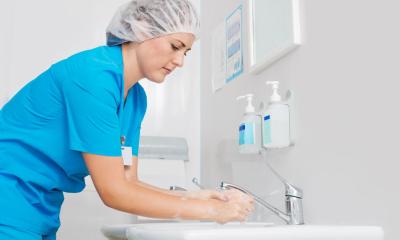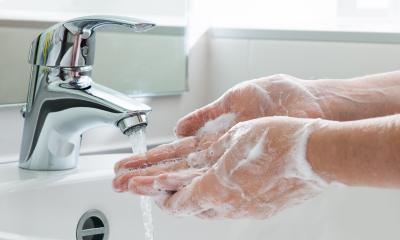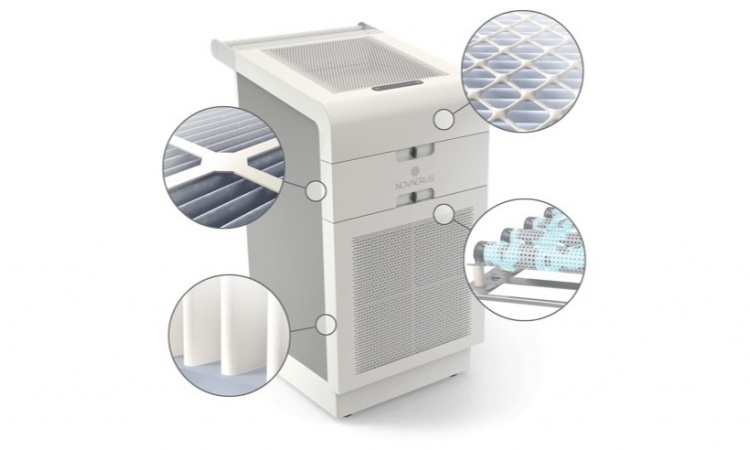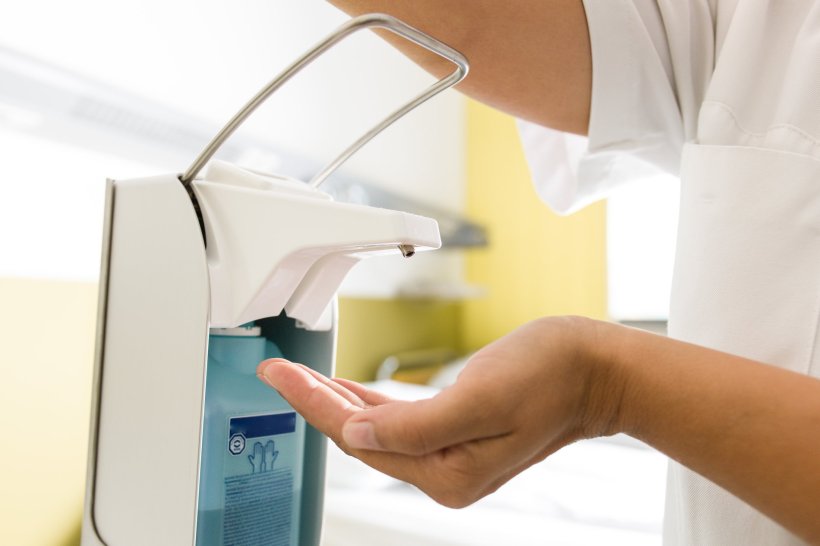
© Robert Poorten – stock.adobe.com
News • Healthcare-associated infections and antimicrobial use
HAI: study reveals serious gaps in infection prevention and control
On World Hand Hygiene Day, a new survey from the European Centre for Disease Prevention and Control (ECDC) reveals that 3.1% of the residents in long-term care facilities (LTCFs) had at least one healthcare-associated infection (HAI) at the time of the study.
While some HAIs can be treated easily, others can have a serious impact on the health of those affected.
The survey, conducted in 2023 and 2024 points to serious gaps in infection prevention and control (IPC) measures, as well as antimicrobial stewardship, in facilities that care for some of Europe’s most vulnerable citizens, the elderly. ‘Good data are the foundation of effective action. This survey shows we need to better protect long-term care residents through evidence-based strategies, enhanced surveillance, and a firm commitment to real change,’ said Piotr Kramarz, ECDC Chief Scientist.
The most common infections reported in LTFCs were urinary tract infections (UTIs), respiratory tract infections (RTIs), and skin infections.
Among the confirmed infections, Escherichia coli was the most frequently identified microorganism, followed by Sars-CoV-2, Klebsiella pneumoniae, and Staphylococcus aureus. However, only one in five HAIs were microbiologically confirmed, raising concerns about underdiagnosis and treatment without definitive evidence. More than 4% of residents were receiving at least one antimicrobial at the time of the survey, with nearly one third of these prescriptions given for prophylactic purposes. UTIs were the main indication for both treatment and prophylactic use.
The survey also assessed how well facilities were prepared to prevent infections and if they used antibiotics prudently. Although almost all LTCFs had hand hygiene protocols in place, one in five did not have staff trained in IPC. Less than half had an IPC committee, and nearly 40% had no components of an antimicrobial stewardship programme. Additionally, less than one in ten provided training on proper antibiotic prescribing practices.
Recommended article
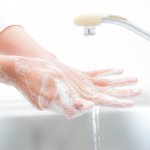
Article • Infection prevention
Hygiene: far more than just hand washing
Hand washing and disinfection are among the most important measures to prevent infections with viruses or bacteria. However, an important aspect of hygiene in the clinical environment is also the sterile reprocessing of instruments. Read more about effective hygiene measures and new findings – especially in the context of the Covid 19 pandemic.
Four in five LTCFs reported using alcohol-based hand rub hygiene as the primary method for hand hygiene, while one in five relied mainly on washing with water and soap. However, almost one third of the facilities did not have regular system in place to monitor hand hygiene and provide feedback to the staff.
In response to these findings, ECDC is calling on national health authorities and LTCF managers to:
- Strengthen IPC in LTCFs by training staff, allocating additional resources, improving surveillance, and promoting clear guidelines and greater awareness;
- Establish alcohol-based hand disinfection as the primary method for hand hygiene; Improve antimicrobial prescribing practices by focusing on rationalising prophylactic use.
These actions are essential to protecting the health of long-term care residents and curbing the spread of antimicrobial resistance across Europe.
Source: European Centre for Disease Prevention and Control
05.05.2025



